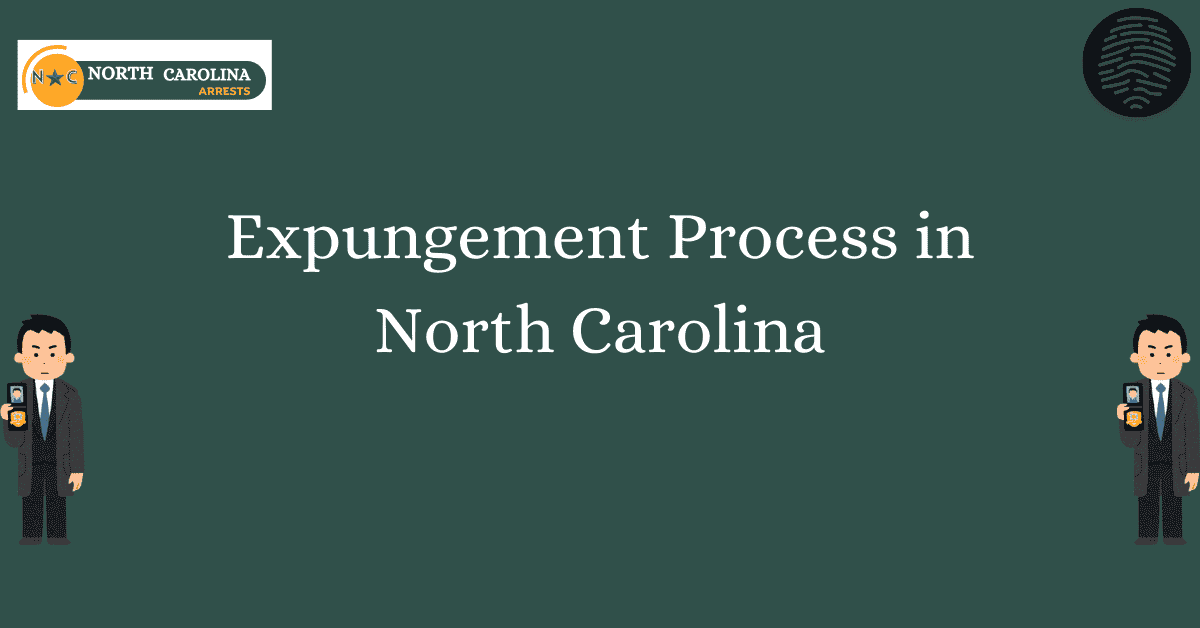Expungement Process in North Carolina
Expungement Process in North Carolina involves the legal process of erasing or sealing criminal records to provide individuals with a fresh start. This process allows individuals to move forward without the burden of past convictions hindering their opportunities for employment, housing, or other aspects of life. Expungement laws in North Carolina can vary based on the type of offence and the individual’s circumstances, highlighting the importance of seeking legal guidance to navigate this intricate process.
The Expungement Process in North Carolina is crucial for individuals looking to clear their records and improve their future prospects. By following the necessary steps and meeting the requirements set forth by the state, individuals can take the necessary actions to expunge their criminal records. This process not only provides a second chance for those with past mistakes but also promotes rehabilitation and reintegration into society.
The Importance of Expungement Laws
Expungement laws are designed to give individuals a second chance by sealing or erasing their criminal records. In North Carolina, expungement can make a significant difference in an individual’s life by removing barriers to employment, housing, and other opportunities.
Types of Offenses Eligible for Expungement
In North Carolina, certain non-violent misdemeanour and felony offences are eligible for expungement. These offences include minor drug charges, certain traffic violations, and other non-violent crimes. It’s essential to consult with a legal professional to determine eligibility.
Factors Influencing the Expungement Process
Several factors can influence the expungement process in North Carolina, such as the type of offence, the individual’s criminal history, and the time since the conviction. Understanding these factors is crucial in navigating the expungement process successfully.
Steps to Follow for Expungement in North Carolina
When seeking expungement in North Carolina, the first step is to consult with a legal professional who specializes in expungement cases. They can provide guidance on the eligibility requirements and the necessary steps to take.
Consulting with Legal Professionals for Guidance
Legal professionals can assess your case, determine your eligibility for expungement, and guide you through the process. They can help you gather the required documentation and ensure that your petition for expungement is properly filed.
Submitting the Necessary Documentation for Approval
As part of the expungement process, you will need to submit various documents, including your criminal record, court documents, and a petition for expungement. Ensuring that all necessary documentation is accurate and complete is essential for a successful expungement.
Benefits of Expungement for Individuals and Society
Expungement offers numerous benefits for individuals and society as a whole. By promoting rehabilitation and second chances, expungement helps individuals reintegrate into society and become productive members. Additionally, expungement can improve opportunities for employment, housing, and education, ultimately benefiting society by reducing recidivism rates.
Promoting Rehabilitation and Second Chances
Expungement provides individuals with the opportunity to move past their past mistakes and rebuild their lives. By giving individuals a second chance, expungement promotes rehabilitation and encourages positive behaviour.
Improving Opportunities for Employment and Housing
Having a criminal record can create significant barriers to employment and housing. Expungement can remove these barriers, allowing individuals to secure better job opportunities, find stable housing, and contribute positively to society.
Frequently Asked Questions
Our Frequently Asked Questions section aims to provide detailed information on common queries related to the Expungement Process in North Carolina.
What is expungement?
Expungement is a legal process that allows for the removal of certain criminal records from public view. In North Carolina, expungement provides individuals with the opportunity to clear their criminal record under specific circumstances.
Who is eligible for expungement in North Carolina?
Eligibility for expungement in North Carolina depends on various factors such as the type of offence, the individual’s criminal history, and the time elapsed since the conviction. Generally, individuals who have completed their sentence and maintained a clean record may qualify for expungement.
What are the benefits of expungement?
Expungement offers individuals a fresh start by removing the stigma associated with a criminal record. It can improve job prospects, housing opportunities, and overall quality of life by eliminating barriers caused by past convictions.
How long does the expungement process take in North Carolina?
The expungement process in North Carolina can vary in duration depending on the complexity of the case, court processing times, and other factors. On average, it may take several months to complete the process from the initial application to final approval.
Can all criminal offences be expunged in North Carolina?
Not all criminal offences are eligible for expungement in North Carolina. Certain serious offences such as violent crimes, sexual offences, and offences involving minors may not be expunged. It is essential to consult with a legal professional to determine the eligibility of a specific offence for expungement.
How can I start the expungement process in North Carolina?
To begin the expungement process in North Carolina, individuals must file a petition with the appropriate court, provide all necessary documentation, and follow the required legal procedures. It is advisable to seek guidance from an experienced attorney to navigate the complexities of the expungement process effectively.







